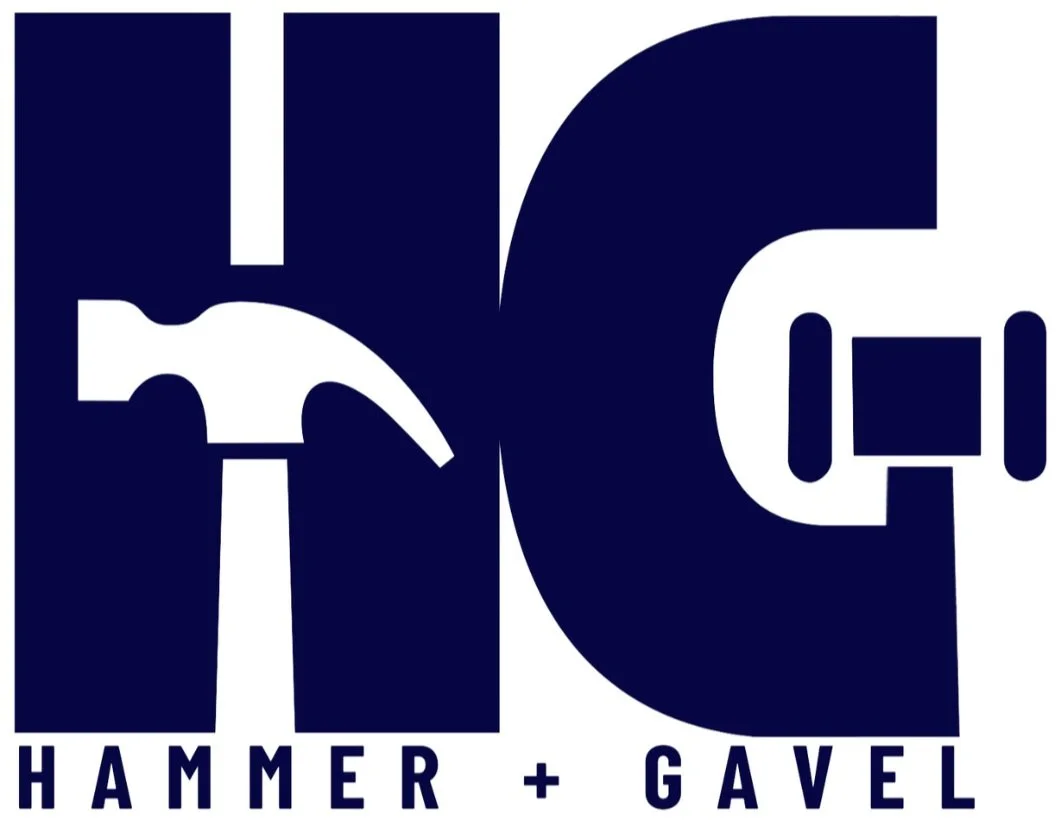Court Reverses Determination that Contractor’s Assignment of Benefits Agreement is Invalid Under 627.7152, florida Statutes
Well Done Mitigation LLC v. Citizens Property Insurance Corporation arises from a trial court’s determination that an assignment of benefits agreement between a contractor and homeowner was invalid. The relationship between the contractor and homeowner began shortly after the homeowner’s property was damaged by weather in September 2022. The homeowner hired the contractor to perform water dryout services at the property, and as part of that, assigned his insurance benefits to the contractor. The assignment agreement, in relevant part, contained the following language:
Client agrees that any portion of work, deductibles, betterment, depreciation, or additional work, requested that is not covered by insurance, must be paid for by the undersigned within net thirty (30) days of completion and that the Owner's deductible cannot be waived pursuant to Florida Statute.
Client understands as the named insured that Client is still responsible for the payment of all of the following: (1) any deductible amount due under the policy; (2) any betterment ordered and performed that is approved by the named insured; (3) any contracted work performed before the assignment agreement is rescinded.
The contract also contained a severability provision indicating that the invalidity or unenforceability of any provision of the agreement would not affect the validity or enforceability of any other provisions in the agreement.
After completing its work, the contractor submitted a bill for $31,389.22 to the homeowners’ insurance carrier. After the carrier denied the claim, the contractor sued the carrier directly under the assignment agreement. The carrier moved to dismiss, arguing that the agreement failed to comply with subsection 627.7152(7)(a) and (7)(b), Florida Statutes. The carrier specifically argued that the assignment agreement improperly allowed the contractor to hold the homeowner responsible for costs associated with depreciation and work not covered by insurance. Following a hearing, the trial court dismissed the contractor’s lawsuit with prejudice.
On appeal, the contractor argued that its assignment agreement did not violation 627.7152(7)(a) and (7)(b), Florida Statutes, because it followed the requirements of (7)(b). Before getting into the appellate court’s analysis, here are 627.7152(7)(a) and (7)(b), Florida Statutes, for reference:
(7)(a) Notwithstanding any other provision of law, and except as provided in paragraph (b), acceptance by an assignee of an assignment agreement is a waiver by the assignee and its subcontractors of claims against a named insured for payments arising from the assignment agreement. The assignee and its subcontractors may not collect or attempt to collect money from an insured, maintain any action at law against an insured, claim a lien on the real property of an insured, or report an insured to a credit agency for payments arising from the assignment agreement. Such waiver remains in effect after the assignment agreement is rescinded by the assignor or after a determination that the assignment agreement is invalid.
(b) A named insured is responsible for the payment of all of the following:
1. Any deductible amount due under the policy.
2. Any betterment ordered and performed that is approved by the named insured.
3. Any contracted work performed before the assignment agreement is rescinded.
Turning back to the appeal, the appellate court agreed with the contractor and reversed the dismissal, noting that while section (7)(a) generally prohibits an assignee from collecting or attempting to collect money from an insured for payments arising from the assignment agreement, (7)(b) provides three exceptions to this prohibition.
Further, while the carrier argued that the first paragraph of the agreement section quoted above violated the statute, the appellate court rejected this, noting that the first paragraph applies to work requested by the homeowner but not covered by insurance. The court concluded this does not conflict with 627.7152, Florida Statutes.
The court also held that even if the language did violate 627.7152(7), Florida Statutes, this would not invalidate the entire agreement. While 627.7152(2), Florida Statutes, expressly indicates that agreements failing to meet its requirements are invalid, no such language is contained in 627.7152(7), Florida Statutes. Therefore, even if the contract had violated the statute under section (7), that would not render the agreement unenforceable. After reaching this conclusion, the court reversed the dismissal of the lawsuit, allowing it to proceed.
The key takeaway for contractors from this opinion is those performing work where they anticipate getting paid by an insurance carrier must pay careful attention to the relevant statutes, especially 627.7152, Florida Statutes, to ensure their agreements are enforceable. While assignment agreements have generally been unenforceable as a whole since January 1, 2023, contractors with older claims should check their relevant contracts to ensure they are enforceable.
About the Author
Jason Lambert is a Florida Board Certified Construction Attorney and Partner in the Construction Industry Practice Group at Hill Ward Henderson, in Tampa, Florida. He is also the founder and chief contributor to the Hammer & Gavel construction law blog. Jason focuses his practice on representing contractors, subcontractors, and materials suppliers throughout the state of Florida. Before law school, Jason spent a decade working in the construction industry, primarily as a project manager and operations director for both new construction and remodeling. He can be reached at jason.lambert@hwhlaw.com or 813-227-8495.






